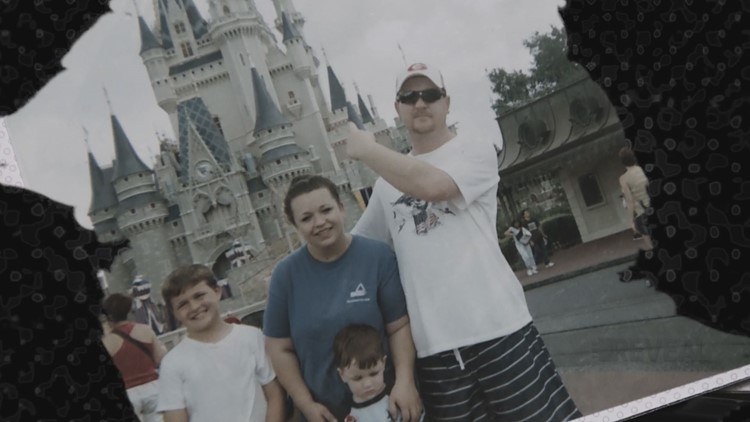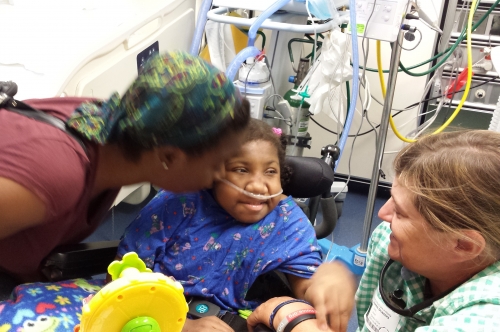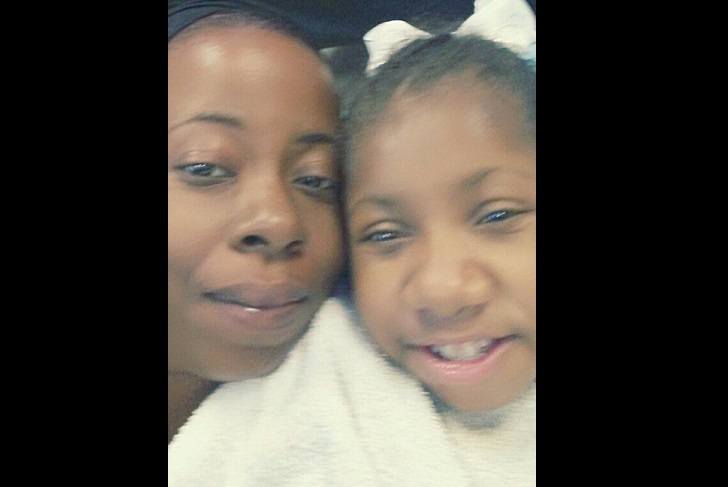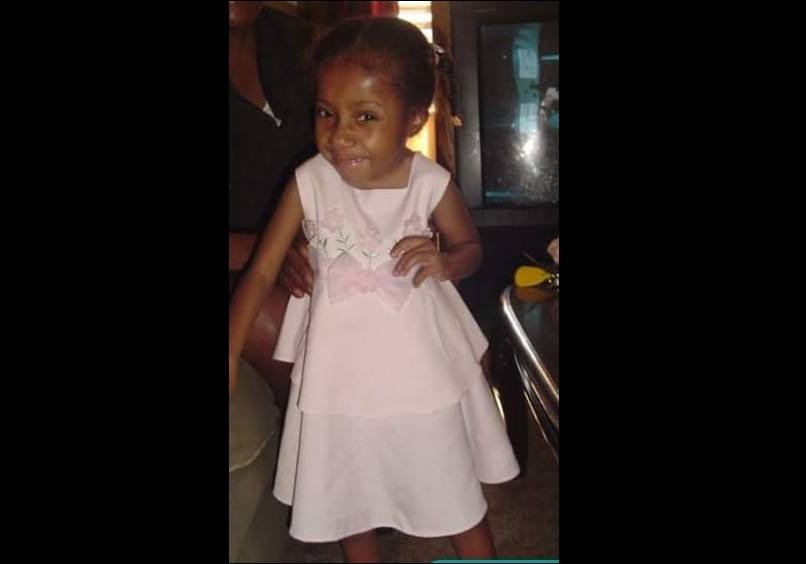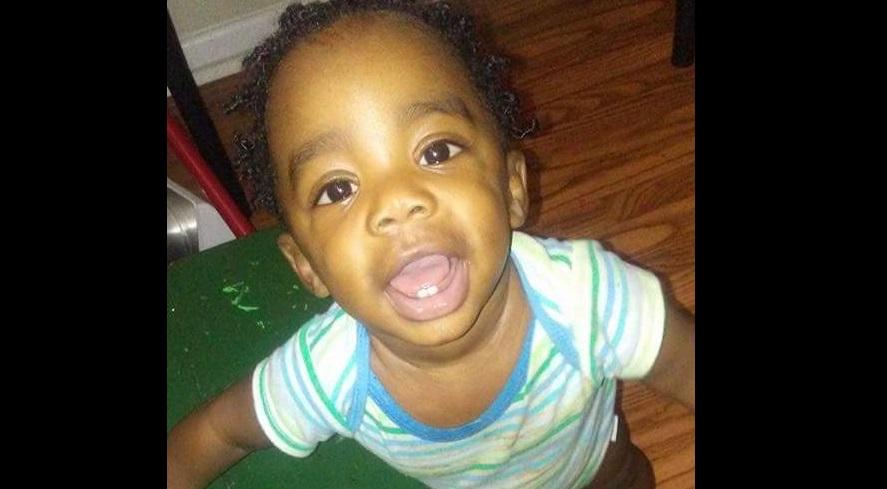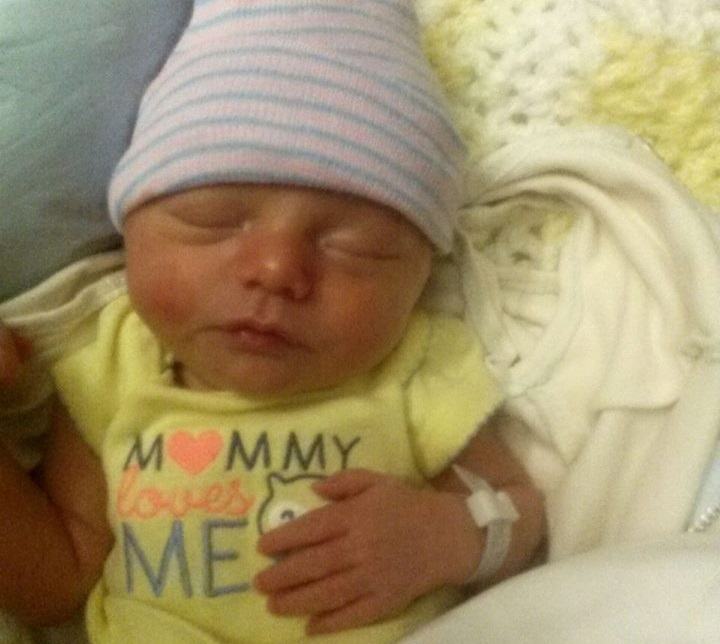If you had a child born to you that had a medical condition that only one out of every 100 million children have, and of which only 100 children worldwide have been diagnosed with this condition, should the medical system and the government have the right to take your child away from you so that they could research this condition for the "greater good?"
If this sounds like something that might have only happened in tyrannical states like the former Nazi Germany, you are wrong. Not only does this happen in the United States today, it is actually legal. See our previous report:
"Medical Kidnapping in the U.S. – Kidnapping Children for Drug Trials"
The latest story we bring to you involves a mother from Florida and her daughter who was born and diagnosed with Trisomy 9, an extremely rare chromosomal abnormality.
The mother, Jasmin Mack, moved with her daughter Nhyariah to Georgia to be closer to family members. Nhyariah was doing well for several years prior to that time while living with her mother in Florida.
When Nhyariah was 3 1/2 years old, Jasmin Mack says that a genetic counselor from the University of Florida hospital in Gainsville offered her money to enter her daughter into medical research studies, but she refused.
After moving to Georgia, the first doctor they saw recognized how rare Nhyariah's condition was and allegedly commented:
"Oh! I have some friends next door that would LOVE to see you!"
This was Henrietta Egleston Hospital for Children in Atlanta, which is the pediatric teaching hospital affiliate for the Emory University School of Medicine, located on the campus of Emory University.
Even though Nhyariah was not sick, they immediately admitted her to the hospital, and used the Georgia Division of Family and Children Services (DFCS) to take over custody of Nhyariah. Jasmin was kicked out of the hospital.
Today, Nhyariah's condition has deteriorated greatly while in state care due to undergoing several surgeries, and her mother Jasmin just wants to take her back to Florida, as she fears that the medical professionals in Georgia will soon kill her daughter.
"I feel like if she can get out of this hospital, she can have a chance. She's a rare child. She's made it this 10 years."




